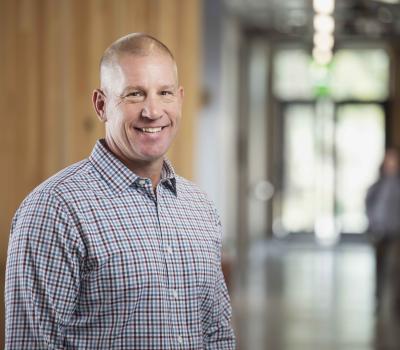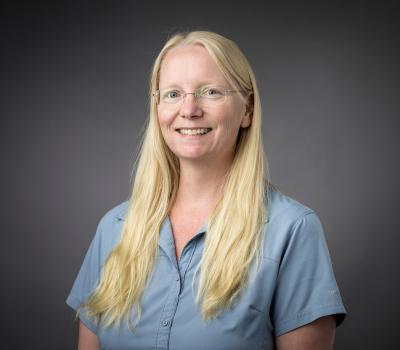The Thermal–Fluid Sciences (TFS) involve the application of basic fundamental laws of fluid flow, heat transfer and thermodynamics to the development and understanding of many engineering and naturally occurring systems. Current work being done by Oregon State TFS faculty encompasses the following areas:
- Advanced Energy Systems
MIME TFS faculty are working in the areas of solar thermal systems, development of solar based fuels, development of alternative fuels, wind energy conversion and small scale hydropower system development. These studies include model development, experimental proof of concept, computational simulations and system integration. - Thermal Management
Power systems for applications such as advanced computer systems, high power laser devices, and concentrated energy sources require the ability to control, extract and efficiently use thermal energy. In working to develop new thermal management methods, MIME TFS faculty are conducting experimental and computational studies using single and multiphase flow systems with phase change. Applications include high heat flux cooling using controlled phase change, microscale devices for solar concentration, hydrogen storage systems and passive heat transfer enhancement techniques. - Microscale Fluidics and Heat Transfer
Transport enhancement at the microscale is a workable means of increasing overall energy transport system efficiency while providing flexibility in use in distributed systems. MIME TFS faculty have an active program in developing heat exchangers for terrestrial and space applications, fluid transport devices, fluid control systems and fluidic extraction devices. Applications include biomedical therapeutic devices such as dialyzer for renal therapy, spray and confined jet flows for localized cooling, development of drop-on-demand control technology and others. - Multiphase Flow
Multiphase flows, which occur in both natural and engineered systems, have unique transport properties. MIME TFS faculty are involved in fundamental studies of boiling heat transfer in confined, small scale systems, development of efficient phase separation technologies, and porous media and geophysical flow studies. This work is both experimental and computational and involves the development of advanced experimental and simulation methods. - Low-Speed Aerodynamics
In the development of unmanned vehicles, the ability to control low-speed flight is of great interest. The highly viscous flows in both air and water have unique aerodynamic characteristics that determine stability and flight efficiency. MIME TFS faculty are conducting experimental and computational simulation studies that examine the use of biomimetic inspired aerodynamic designs for improved flight efficiency.







